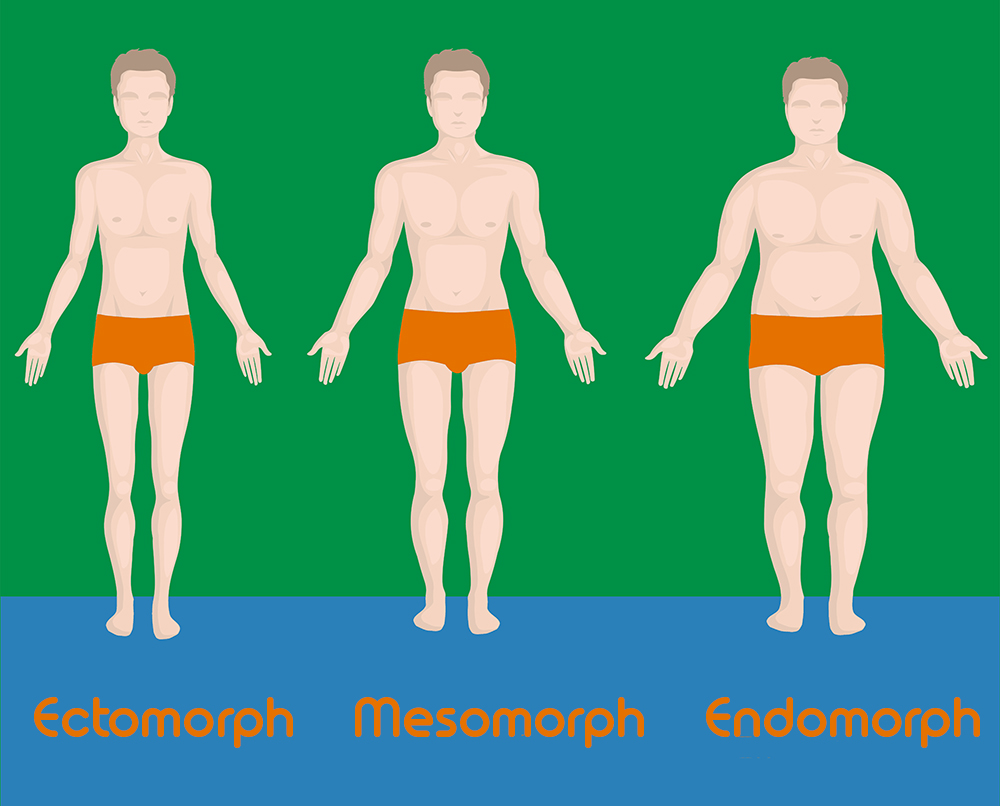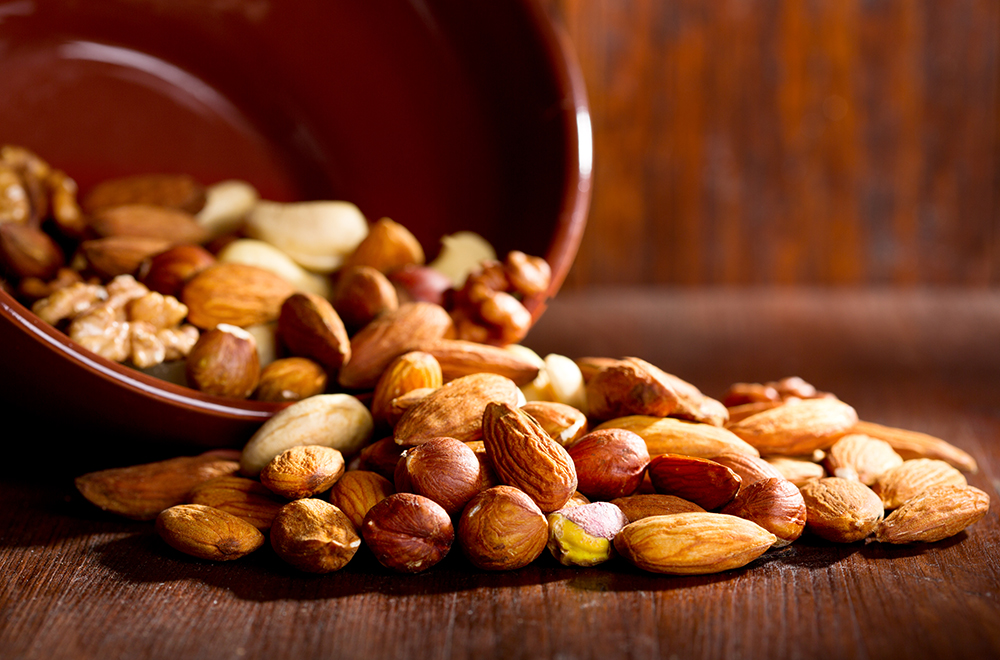 Calculating Macronutrients
Calculating Macronutrients

You can use the following calculator to quickly estimate your macronutrient consumption needs. By default it is set to a 2,500 calorie diet using a diet recommended for a Mesomorph body type.
Various diets and recommendations for different body types are located lower down the page.
You can estimate required calories to lose weight or required calories to gain weight by a set goal date & then insert the calorie count data from that calculator into the below calculator.
If you augment meals with daily snacks you can add those snacks into your meal count. For example, if you typically have 3 meals & 2 snacks a day then if each snack is about half a meal you would enter 4 meals per day (3 + 0.5 + 0.5), whereas if each snack was about 1/3 of a meal you could enter 4.7 meals a day.
Maconutrient Calculator
Usage Instructions
Insert your daily calorie consumption, then adjust the macronutrient ratios to your desired diet type.
Once you are done entering the data the calculator should automatically tell you how many grams of each macronutriet you need daily based on the ratios you have entered.
Many diets have different ratios, but what works best for you depends on your body type, your fitness & your goals. Here is a list of the macronutrient breakdown for some common diets.
| Diet Type | Protein | Fat | Carbs |
|---|---|---|---|
| High Carb | 25% | 15% | 60% |
| Moderate | 30% | 20% | 50% |
| Zone Diet | 30% | 30% | 40% |
| Low Carb | 45% | 30% | 25% |
| Ketogenic | 15% | 75% | 10% |
When you calculate your results, if the "total percent" is not 100%, then please adjust the input ratios until it reaches 100%.
Please seek the help of medical & nutritional professionals before drastically altering your exercise or diet.
Each 500 calorie daily differential equates to a pound of body mass per week. Keep in mind that as you gain or lose weight your steady state calorie requirements to maintain the weight will also change.
Recommended Macronutrient Ratios by Body Type

If you are serious about putting on lean muscle mass you should consume an above average share of your calories from protein. Obi Obadike suggested the following as baseline starting points for macronutrient ratios.
| Body Type | Protein | Fat | Carbs |
|---|---|---|---|
| Ectomorph (skinny) | 25% | 20% | 55% |
| Mesomorph (muscular & athletic) | 30% | 30% | 40% |
| Endomorph (broad & thick) | 35% | 40% | 25% |
Keep in mind the above is based on the overall percent of calories consumed. Carbohydrates & protein have 4 calories per gram, whereas fat has 9 calories per gram. For a hypothetical 2,500 calorie diet here is the above table in grams.
| Body Type | Protein | Fat | Carbs |
|---|---|---|---|
| Ectomorph (skinny) | 156 g | 56 g | 344 g |
| Mesomorph (muscular & athletic) | 188 g | 83 g | 250 g |
| Endomorph (broad & thick) | 219 g | 111 g | 156 g |
Proteins & Gaining Muscle Mass

The body uses protein to build lean muscle mass. So if you want to eat more calories to put on healthy weight, it can be a good idea to eat a diet rich in proteins.
Some of the most popular calorie-dense & protein-rich foods include:
- Nuts: peanuts, walnuts, macadamia nuts, almonds or even foods like peanut butter or trail mix.
- Meats: Fattier cuts of beef, pork, chicken & other meats including salmon & other oily fish. Whole eggs are also a fantastic source of protein.
Some people also supplement their meals with high protein weight gainer shakes.
The United States RDA for protein is 0.4g/lb or 0.8g/Kg. Those seeking to gain muscle mass should exceed this by a significant margin.
You should aim to eat at least 0.7 to 1 gram of protein per pound of body weight if you are trying to build body mass. This equates to 1.5 to 2.2 grams of protein per kilogram.
People on higher calorie diets & professional athletes can go well above these levels. If you are "cutting" to lose body fat the recommended range can go as high as 1.5 grams per pound, which equates to 3.3 grams of protein per kilogram.
Refined Carboyhydrates & Health Problems
People who eat diets rich in refined carbohydrates often develop metobolic syndrome and diabetes. Even people who look ordinarily healthy from the outside can have elevated systemic inflamation levels, which can increase risks associated with cardiovascular disease & many other diseases.
Here is the backstory on the following fantastic educational video which explains why sugar is so horrible for your health.
Sugar & other fast acting carbohydrates spike your blood sugar level, which in turn leads to your blood sugar level later crashing & thus making you hungry again sooner. No matter how hard you work out, it is hard to lose weight if you have metabolic syndrome & are resistant to leptin. You can't outrun your fork & it is hard to get your fork under control if you are leptin resistant.
Fats
Fats got a bad rap in part so agribusinesses could market higher profit margin shelf-stable frankenfoods to the consumer market. To this day some "foods" which are little more than sugar with preservatives still carry the label "a healthy, fat free food" on them!
Change privacy settings
